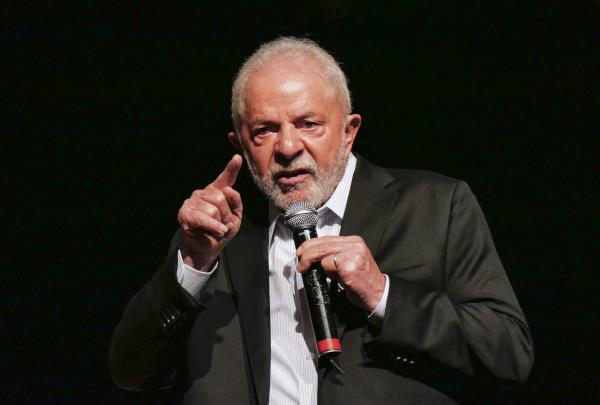The full-blown invasion of Ukraine by Russian forces raises the stakes significantly for economic and market outcomes. Our economists have identified eight key questions about this crisis so far to help our clients navigate the considerable macro and market risk ahead. They addressed these questions – and more – in an exclusive briefing on 24 February.
- What’s the military endgame? There’s always a chance of de-escalation if, satisfied that key objectives have been met, Russia calls off air strikes and withdraws its troops. At the other end of the scale, this could be a precursor to a more fundamental redrawing of the map of Europe, presaging a new and even more dangerous stage of the conflict. The level of uncertainty is why our team argues it’s best to think through macro and market consequences rather than take strong positions on likely outcomes.
- What will be the response from the West? More sanctions. The limited actions taken ahead of the invasion clearly didn’t dissuade Russia – so what are next steps? There’s a spectrum of potential action, ranging from more targeted sanctions against individuals and financial institutions to cutting Russia entirely out of the SWIFT payment messaging system and sanctioning its energy firms. The latter raises the question of collateral economic damage, however.
- How will sanctions affect Russia? It depends on the strength of the sanctions, but Russia is in a much stronger position to weather them than it was in 2014. That said, they could still hurt: energy exports amount to 15% of Russia’s GDP per year while Russian banks are vulnerable too. There’s a scenario where an aggressive suite of sanctions cuts Russian GDP by 5% and pushes the ruble towards 100/$, but our economists have outlined a more plausible estimate of the hit to Russia.
- How will commodities markets react? Russia is a key energy supplier, accounting for 40% of EU imports of natural gas, and about 30% of its crude imports. Russia is also a big player in industrial metals, particularly aluminium, nickel and palladium. And together with Ukraine, Russia accounts for 25-30% of global wheat exports, and around 80% of global sunflower seeds. Even if sanctions fall short of targeting Russia’s energy exports, this is clearly an upside risk for commodities prices and we explained in this webinar how our forecasts have been affected.
- What will be the impact on inflation? Energy prices are the key channels through which inflation rates would be affected. A sustained rise in oil and gas prices would mean energy adds to average headline inflation in major advanced economies, with implications for our 2022 price outlook. There are also questions about the role that food prices could play in driving headline inflation, given Russia and Ukraine together export around a quarter of the world’s wheat. Jennifer McKeown, the head of our Global Economics service, explains the risks.
- How will advanced economy central banks respond? Policymakers will be weighing the upside risks to inflation against the downside risks to activity. Will the conflict derail plans for policy tightening this year, or will policymakers press on with aggressive rate hikes to tackle the inflation threat?
- What will be the financial market impact? There are few obvious parallels to this crisis, but major stock indices dropped 20-25% after Iraq invaded Kuwait in 1990, although they rebounded once US intervention brought the war to a swift end. That points to further significant downside from current levels – but could central bankers signal a shift in tightening intentions to cushion the blow? Our Senior Markets Economist Jonas Goltermann discussed the markets outlook and which asset prices are vulnerable.
- How will the global economy fare? The historical record points to a small adverse effect on business confidence and GDP growth in the major advanced economies and supports our instinct that, while inflation tends to rise following such crises, central banks typically set policy somewhat looser than they would otherwise have done.



